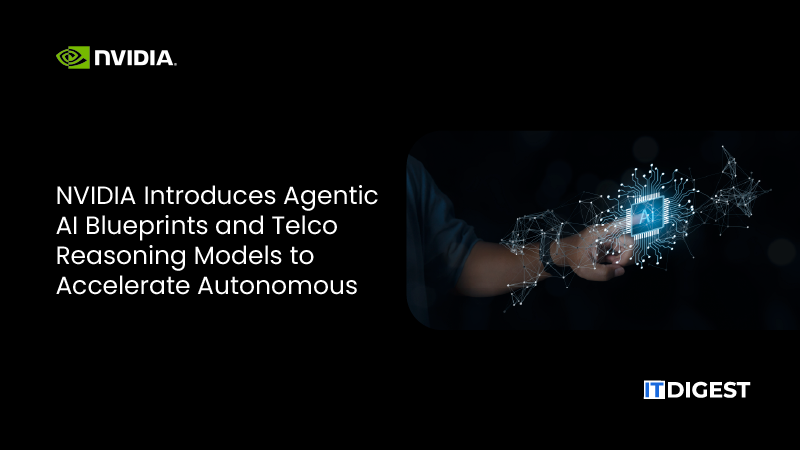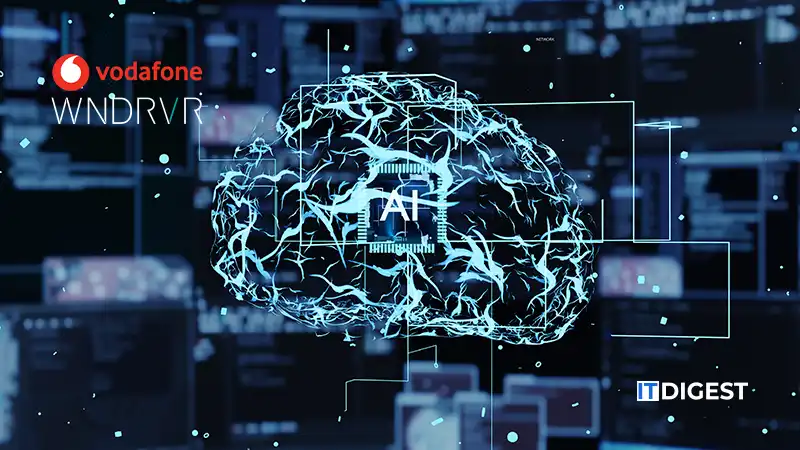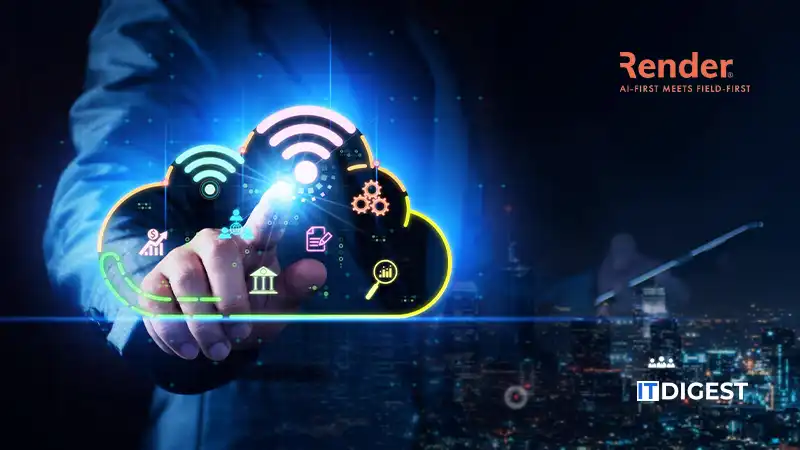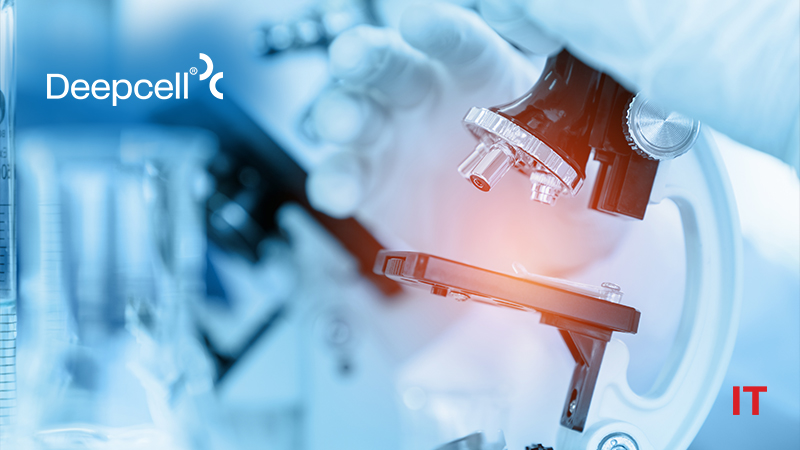Deepcell, a pioneer in artificial intelligence (AI)-powered single cell analysis to fuel deep biological discoveries, announced upcoming poster presentations at the Society for Laboratory Automation and Screening (SLAS) meeting in Boston, Massachusetts, from February 3-7, 2024, and at the Advances in Genome Biology and Technology (AGBT) general meeting in Orlando, Florida, from February 5-8, 2024. In addition, the company announced that its REM-I Platform is a finalist for the New Product Award at SLAS.
“We look forward to sharing the tremendous progress we’ve made as a company with the scientific community at these meetings. A year ago, we were presenting our first public datasets at AGBT and attending SLAS for the first time. This year, we have the REM-I Platform in field testing, are presenting substantially more data, and look forward to the full commercialization of our instrument later this year,” said Maddison Masaeli, Ph.D., co-founder and chief executive officer at Deepcell.
Also Read: Digibee Appoints MuleSoft and Domino Alum as VP of Product
“Following our first presentation at the J.P. Morgan Healthcare Conference last month, where we laid out our vision for our AI-enabled cell morphology technology and announced a groundbreaking collaboration with NVIDIA to advance the use of generative AI in cell biology, we remain committed to pushing the boundaries of cell biology and identifying more ways to unveil the unseen while reimagining biology.”
Deepcell is a life science company which brings artificial intelligence to cell biology, unlocking a new field of high-dimensional biological discovery known as morpholomics. Through Deepcell’s AI-powered imaging and microfluidics solution, the REM-I Platform, the company is enabling a new scale of cell biology research and single cell analysis leveraging cellular morphology for unbounded discovery. Deepcell’s platform leverages its artificial intelligence model, the Human Foundation Model, to identify and sort cells based on morphological distinctions helping power basic and translational research and offering future applications in diagnostic testing and therapeutics targeting. The company was spun out of Stanford University in 2017 and has raised nearly $100 million in venture capital. It is based in Menlo Park, California.
SOURCE: Businesswire

































